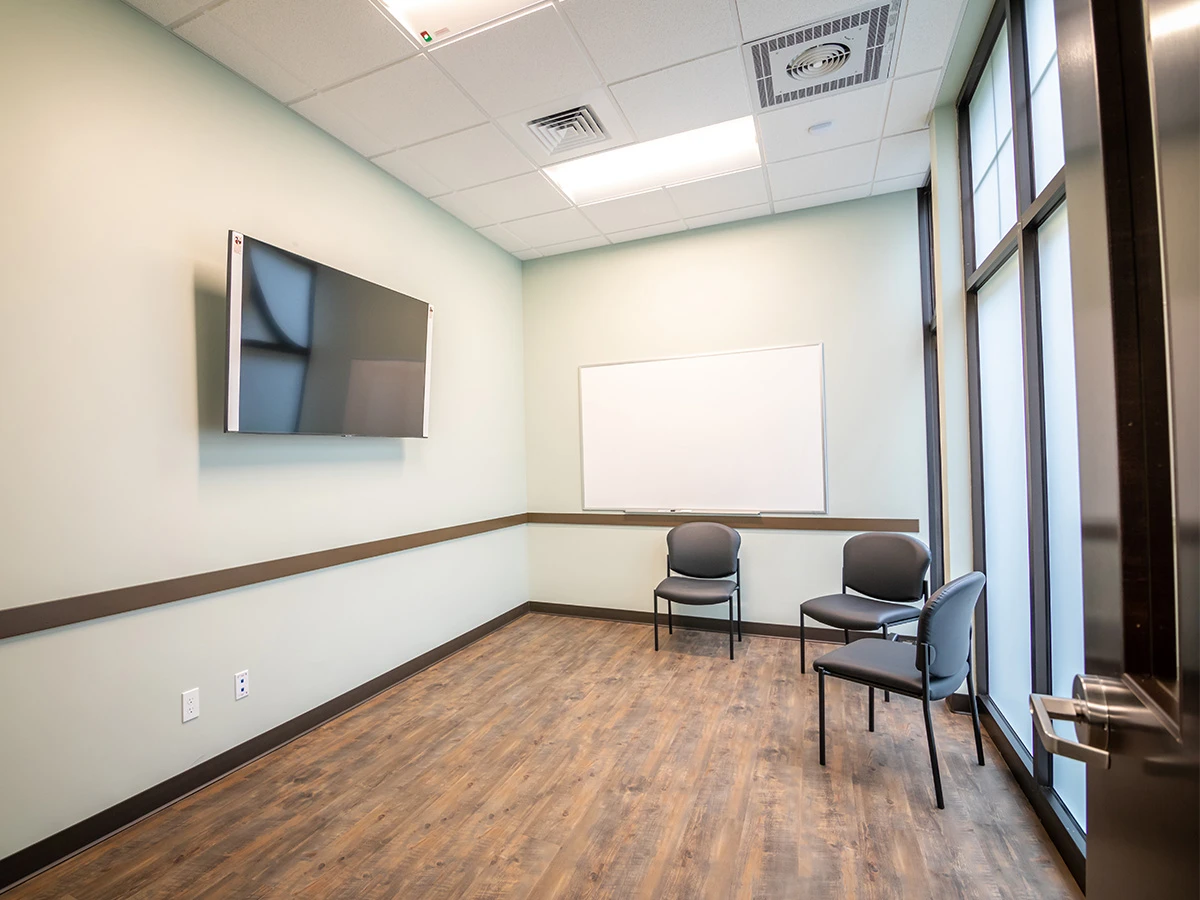Boston Comprehensive Treatment Center Information
Treatment
Who We Treat
- Male and Female
Treatment Focus
- Medication-Assisted Treatment
- Opioids
- Outpatient
Approaches
- Individual Treatment
- Evidence-Based
- Medical
- Group Therapy
- Dialectical Behavior Therapy (DBT)
- 1-on-1 Counseling
- Medication-Assisted Treatment (MAT)
Substances We Treat
- Prescription Drugs
- Heroin
- Opioids
Languages
- English
Level of Care
- Outpatient
Experience
Smoking and Vaping Policy
- Smoking Not Allowed
- Vaping Not Allowed
Accreditations
-
Commission on Accreditation of Rehabilitation Facilities (CARF)
CARF accreditation is a prestigious recognition for organizations in rehabilitation and human services. It signifies that an organization meets rigorous quality standards and is committed to providing top-notch care. Achieving CARF accreditation involves a thorough evaluation process, including on-site surveys, to ensure excellence in programs and services. This accreditation boosts an organization's credibility, assures clients and funders of quality, and promotes ongoing improvement in the field of rehabilitation and human services.

-
SAMHSA certification for opioid treatment program (OTP)
Accreditation by the Substance Abuse and Mental Health Services Administration (SAMHSA) for Opioid Treatment Programs (OTPs) signifies that a program has met strict standards for providing high-quality care to individuals with opioid use disorders. It assures patients, families, and communities that the OTP follows evidence-based practices, employs qualified staff and maintains a safe and effective treatment environment. This accreditation reflects the program's commitment to addressing the opioid epidemic and promoting recovery.
-
The Joint Commission
The Joint Commission accreditation signifies that a facility has met rigorous standards of excellence in patient care, treatment, and safety. It assures individuals and healthcare professionals that the accredited facility provides high-quality, evidence-based care for addiction and mental health issues, fostering trust and confidence in their services.

Additional Locations
Boston Comprehensive Treatment Center Accepts The Following Insurance Plans
Find the best treatment options. Call our free and confidential helpline today!













